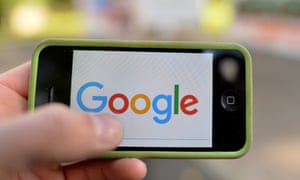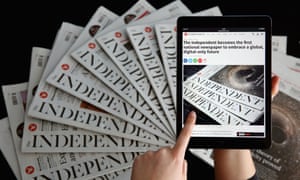
Paywall providers Piano Media and Tinypass are merging to create a business serving more than 1,200 media companies including NBC Universal, Time Inc and News Corp.
- The merger marks a further consolidation of the market for helping media companies get their users to pay for content online. Piano, originally founded in Slovakia, acquired US company Press+ last Autumn in a deal reportedly worth $45m (£29m) to create the world’s largest provider of paywalls.
- “Digital media businesses are increasingly focused on monetising their loyal users,” said Kaufman. “Joining Tinypass with Piano Media to form Piano and globally standardising on our new VX platform will provide publishers and media companies with the most effective and usable monetisation and analytics tools available.”
TV advertising exceeds £5bn for first time
Television advertising has surpassed the £5bn mark for the first time in history, a report has found. Revenues from TV advertising rose 7.4pc to £5.27bn last year, the sixth consecutive year of growth, according to TV marketing body Thinkbox.
- It said that social media giant Facebook was the biggest-spending new TV advertiser, ploughing £10.8m into on-screen adverts.
- The revenue boost comes after the report found that 877 advertisers either took out a TV advert for the first time, or returned to TV advertising after five years, in 2015.
- Procter & Gamble was the most-viewed advertiser last year with 30.5bn views, with pay TV giant Sky notching up 21.2bn views, Unilever and Reckitt Benckiser hitting 20.3bn views each and Mars clocking up 16.4bn views, according to the Broadcasters' Audience Research Board.
This is good as then there is something to do. Its good that the advert is getting alot of views and that there is enough to do there.


